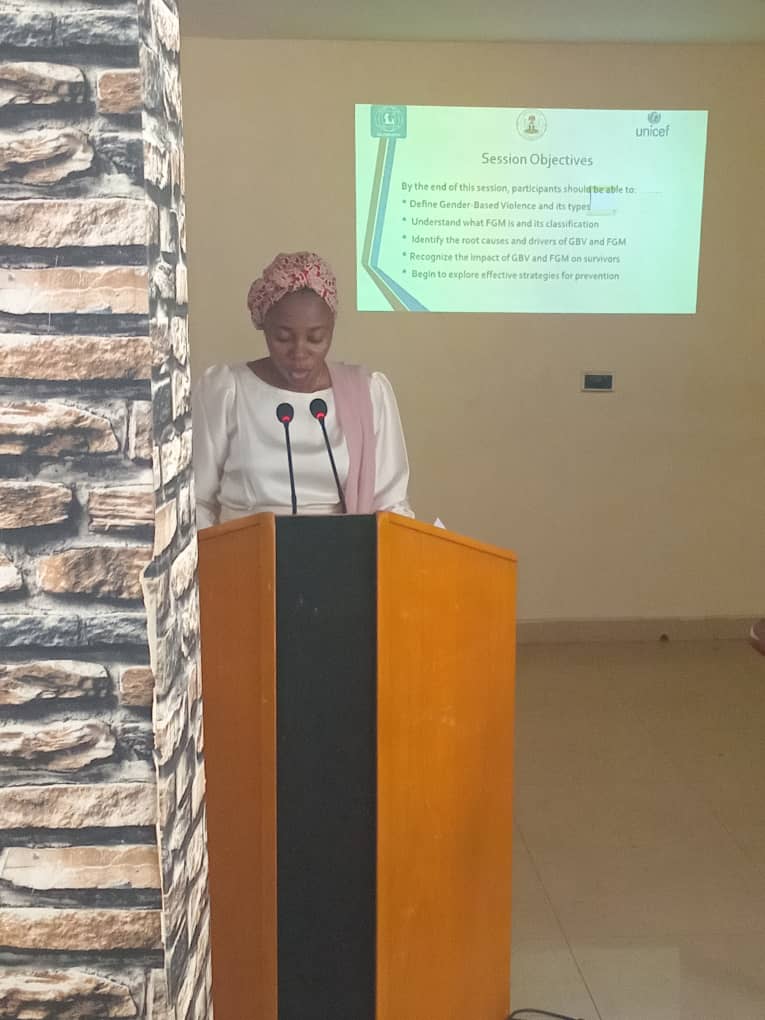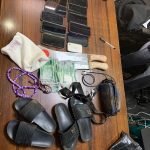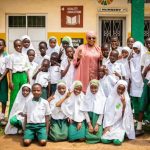From Taiye Joseph Ilorin
The Kwara State Government has urged stronger partnerships among civil society organisations, security agencies, the judiciary, and healthcare professionals to stamp out gender-based violence (GBV) and bring an end to female genital mutilation (FGM) in the state.
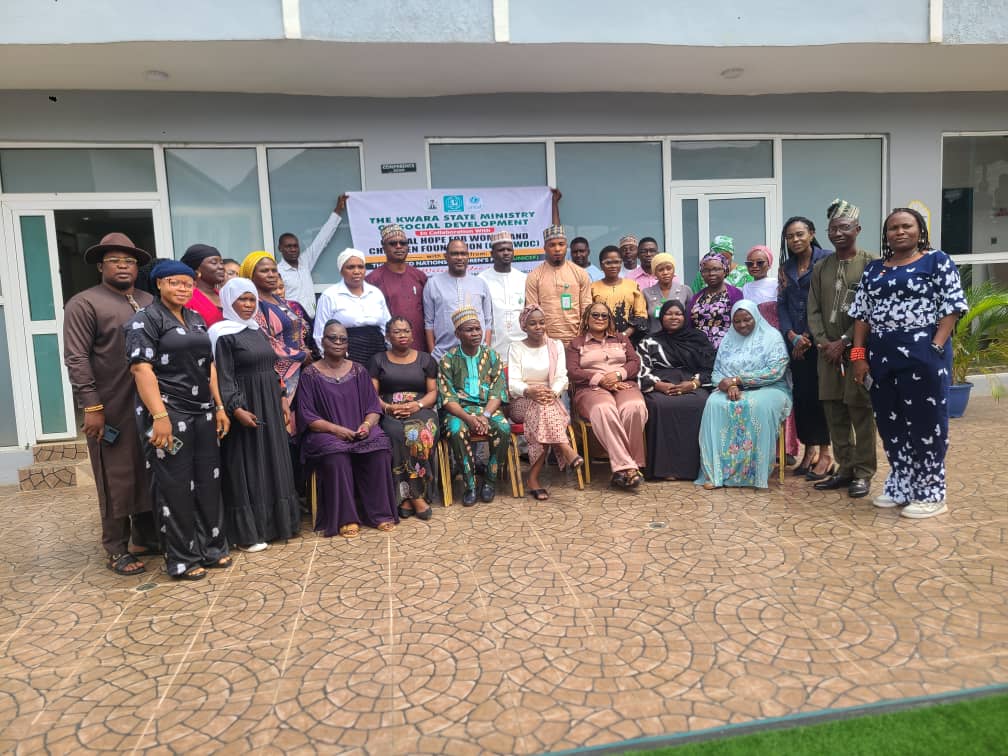
Commissioner for Social Development, Dr. Mariam Imam, made the appeal during a one-day training workshop for stakeholders on FGM prevention, survivor-centred care, and GBV case management.
The programme, supported by UNICEF and the Global Hope for Women and Children Foundation (GLOHWOC), took place recently at Sinclair Hotel, Ilorin.
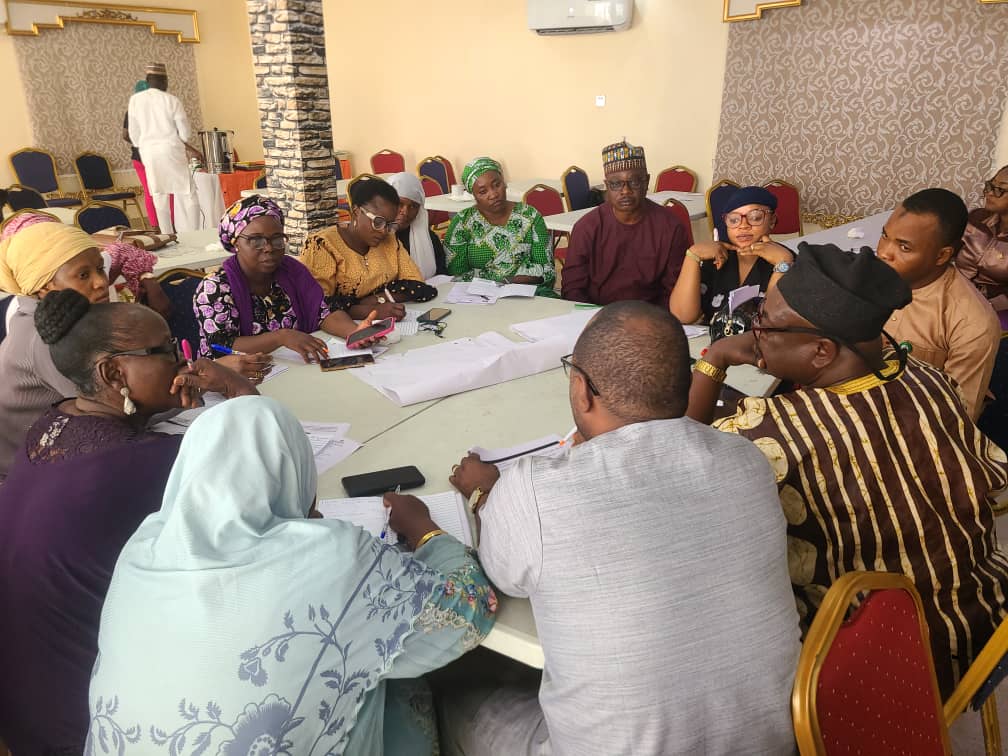
Dr. Imam described FGM as “a grave violation of human rights” that leaves lasting physical, emotional, and psychological scars on survivors.
She reaffirmed the state government’s commitment to align with national and international instruments, including the Violence Against Persons Prohibition (VAPP), Law and the Child Rights Law, in eradicating harmful traditional practices.
“Our goal is to build a society where the dignity, safety, and rights of women and children are fully protected,” she said, commending UNICEF and GLOHWOC for their advocacy and technical support in strengthening local response systems.
In her presentation on Understanding GBV and FGM, GLOHWOC Chief Executive Officer, Dr. Christiana Abayomi Oluwole, explained that GBV encompasses “any harmful act directed at an individual based on gender,” often driven by inequality, abuse of power, and entrenched social norms.
She also broke down the different types of FGM, using diagrams to highlight their severe health and psychological consequences.
Participants reviewed legal frameworks and justice pathways for tackling GBV and FGM, with emphasis on survivor-centred responses, referral systems, case management, and inter-agency coordination. They pledged to strengthen cross-sector collaboration, sustain sensitisation campaigns, and push for full enforcement of existing laws against GBV and FGM in Kwara State.


